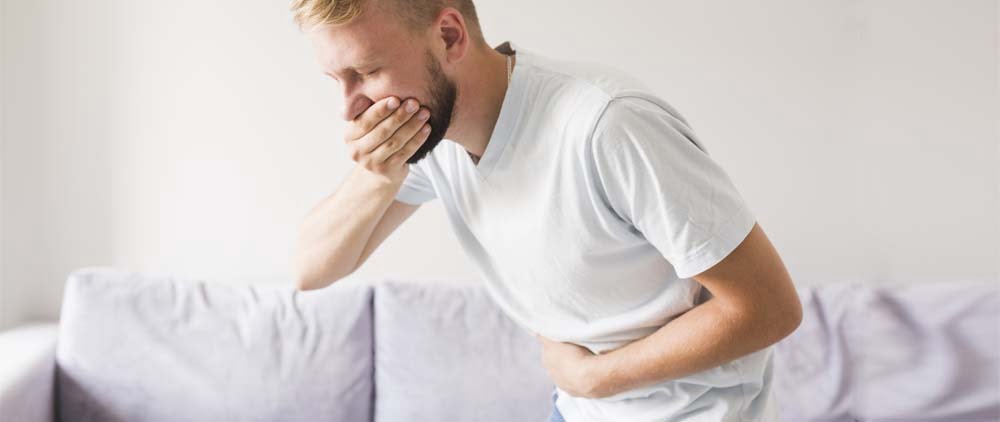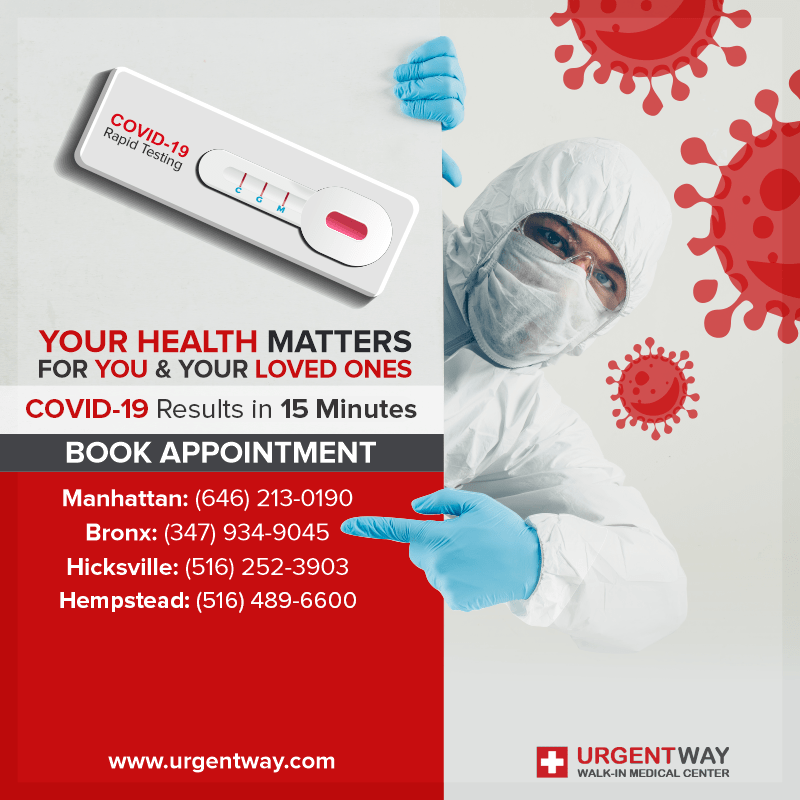What exactly do probiotics do and why are they beneficial to our bodies? One would think, why to add more bacteria to our bodies when we are consumed by so many other tendencies.
We always think bacteria is bad for us or that cause diseases and that we must get rid of it. But actually, our body has an abundance of bacteria, along with both bad and good bacteria. They are naturally found in the body and in some foods and supplements, such as yogurt and chocolate. Probiotics actually are very helpful due to the overall benefits they provide the gut. Probiotics are active bacteria and yeasts that are substantial for our health, and a huge benefit to the digestive system.
Do we really need probiotics and what do they do for us?
- Probiotics aid in food digestion and implementation
- Formulate B complex vitamins and Vitamin K
- Break down Polyphenols, Flavonoids, and
Glucosinolates for osmosis
- Regulate PH
- Condense lactose & proteins
- Raise absorption of minerals
- Control peristalsis
Health Benefits
- Control metabolism
- Nutrient implementation
- Lactose Breakdown
- Oral Health
- Anti-hypertensive
- Lipid control
- Allergy
- Detoxification
- Cancer Protection
- Formulate Immune and Inflammatory
So, what type of foods should I eat? The following are suggested as probiotic-rich foods:
Yogurt/KefirNatto
Kimchee
Root and ginger beers
Kombucha
Sourdough
Beer
MisoTempeh
Raw pickles
Olives
Buttermilk
Raw Vinegars
Fermented sausages
WineSauerkraut
Fermented anything
Pulke
Raw whey
Essene Bread
Fermented Vegetables
What you eat is the most powerful influence on your gut. Well, in order to really understand, the theory behind the solution, we have to go back in time when our ancestors grew all their food and it was enriched with probiotics from the soil and now most food is processed.
Around 75% of the food in the Western diet has little benefit to the bacteria in the lower gut. Most of it, included especially in refined carbohydrates, is already consumed in the upper part of the GI tract, and what ultimately reaches the large intestine is of little value, as it consists of only small amounts of the minerals, vitamins and other nutrients necessary for maintaining the right bacteria.
Years ago, we were consumed with having antibiotics thrown at us for every ailment, which resulted in losing the “good” bacteria in our bodies and now research has shown that we need a balance of the “good” and “bad” bacteria to keep our bodies working like a machine. They move food through the gut. Various types of bacteria are classified as probiotics.
Some common conditions that probiotics treat are:
- Irritable bowel syndrome
- Inflammatory bowel disease (IBD)
- Infectious diarrhea (which is derived from viruses, bacteria, or parasites)
- Antibiotic-related diarrhea
Researchers have found they help with concerns in other parts of your body, which include the following:
- Skin problems such as eczema
- Urinary & vaginal health
- Preventing allergies & colds
- Oral health
It’s always best to heal through food, but supplementing with a probiotic supplement will give you the complete support we need. It’s important to check the label for the following:
- Lactobacillus sp. The most known probiotic, which is commonly found in yogurt and other fermented foods.
- Reuteri
- Casei
- Rhamnosus
- Acidophilus
- Plantarum
- Streptococcus SP.
- Bifidobacterium sp. This type can be found in dairy products and may alleviate the symptoms of irritable bowel syndrome (IBS) and some other conditions.
- Infantis
- Lactis
- Longum
- Breve
- Bifidum
- Boulardii (Nonhuman)
- Bacillus SP.
Probiotics do not have to go through safety procedures with the FDA like medications do, but through the same criteria as foods. As I always say, consult your doctor for more information about the correct product and dose for you. If you develop any side effects, which could include upset stomach, diarrhea, gas, and bloating during the first couple of days after you start them, please stop taking the supplement and consult with your doctor.
I hope this article finds you in good health.
Author Bio:
Connie Stoltz-McDonald is a Certified Life & Health Coach, Wellness Educator, Blogger, Author, Entrepreneur, and Clean Recipe Master & Chef, whose passion for living a healthy lifestyle has become her mission through helping others achieve a balanced life.



